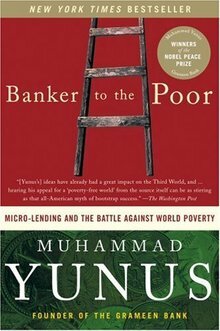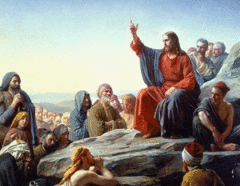All That You've Left Behind
Tonight is my last in India. I fly out in a few hours (we are approximately 12 hours AHEAD of Central Standard Time, so, I'll take off approximately 2pm on Thursday back home). I'll fly eight hours to Paris, and then have a planned seven hour layover. I hope to take a train into the heart of Paris and walk around for a while and get some good pictures. I hear there are some things worth seeing there. I'm a bit skeptical, but, who knows? Maybe it will be more visually pleasing than Montgomery. :) Then, I'll fly another eight hours to Kennedy airport in New York. I'll have over a 3 hour layover there, where I will have to take a shuttle to LaGuardia. I'll then fly almost 3 hours to Atlanta, where hopefully someone will pick me up and I will drive over two hours home. I should get home a little after midnight on Saturday morning, having sat in airports, airplanes, shuttles, trains, and cabs for over 36 hours. International travel is not for the faint of heart. Your prayers are much appreciated!
Last night, I visited the oldest Hindu temple in Dehli and the largest Sikh temple. It was grueling. I joined with Paul in being "greatly distressed to see that the city was full of idols" (Acts 17:16). People were lying prostrate in front of statues of monkeys and elephants in the Hindu temple, and they were bowing before a holy book in the Sikh temple. I've seen all this before, but it affected me strongly last night. Maybe I've come to care for the people more and I no longer see them as aliens or objects. I think that I am just grieved.
Thom and I spent hours talking at a restaurant last night after the temple tour. He really is fascinating. I've known him for 10 years now, and he always challenges me and keeps me thinking. This morning, over eggs and toast, we began to talk about the global struggle for human dignity and freedom and we nailed down some plans to create the Parks-Phule Human Dignity Award. It would be an annual award given in India to a person who labored to lift people out of despair and bondage in a struggle to provide justice, mercy, and hope from the position of following Jesus. Parks would refer to Rosa Parks, the mother of the Civil Rights movement that started in Montgomery where I live, and Phule would refer to Mahatma Phule, the Indian Father of Social Revolution. Both were guided and influenced by the ethics and person of Jesus Christ. Our hope is that by highlighting these values, we will be able to encourage others to do the same, and thus live out the call of Jesus to lift the burdens off the oppressed and enslaved around the world spiritually, socially, and economically, by reconnecting them with the dignity bestowed upon them by their Creator through the acts of redemption, reconciliation, and restoration to the Imago Dei.
In this endeavor, Micah 6:8 guides our thinking: "He has showed you, O man, what is good. And what does the Lord require of you? To act justly and to love mercy and to walk humbly with your God." Jesus changes everything. He reorients our thinking and transforms our purpose and presence in this world. Today, I was able to meet for a few hours with several Indian brothers who are living out Micah 6:8. They are leading significant ministries in India that are helping to facilitate movements of tens of thousands of low caste peoples out of Hinduism to becoming followers of The Way. They are also influencing politicians and academicians. I got to sit in on an "inner circle" conversation with them, and it was heady stuff. What an honor.
Soon, I'll go to dinner, and then I'll be off for the airport. I'm leaving so much behind in India in love, memories, and sorrow, and I am finding that my heart is growing more and more connected to these people. They are often gentle and kind. They are helpful. They are always smiling. But, they are not a simple people. Many are brilliant. They desperately want to change their nation, no matter their religious background. India is on the move, and as she awakens, her stretching shakes the world. We will all begin to encounter India more and more in our daily lives. The question is, which India? Many say that the future of India is up for grabs during this 20 year window (1995-2015). We are right in the middle of it. India is charting it's course and will take the world with her. Perhaps the Sovereign God is raising up people, like the ones I have met, for such a time as this. I hope to join them. Perhaps, in your own way, you will too.























